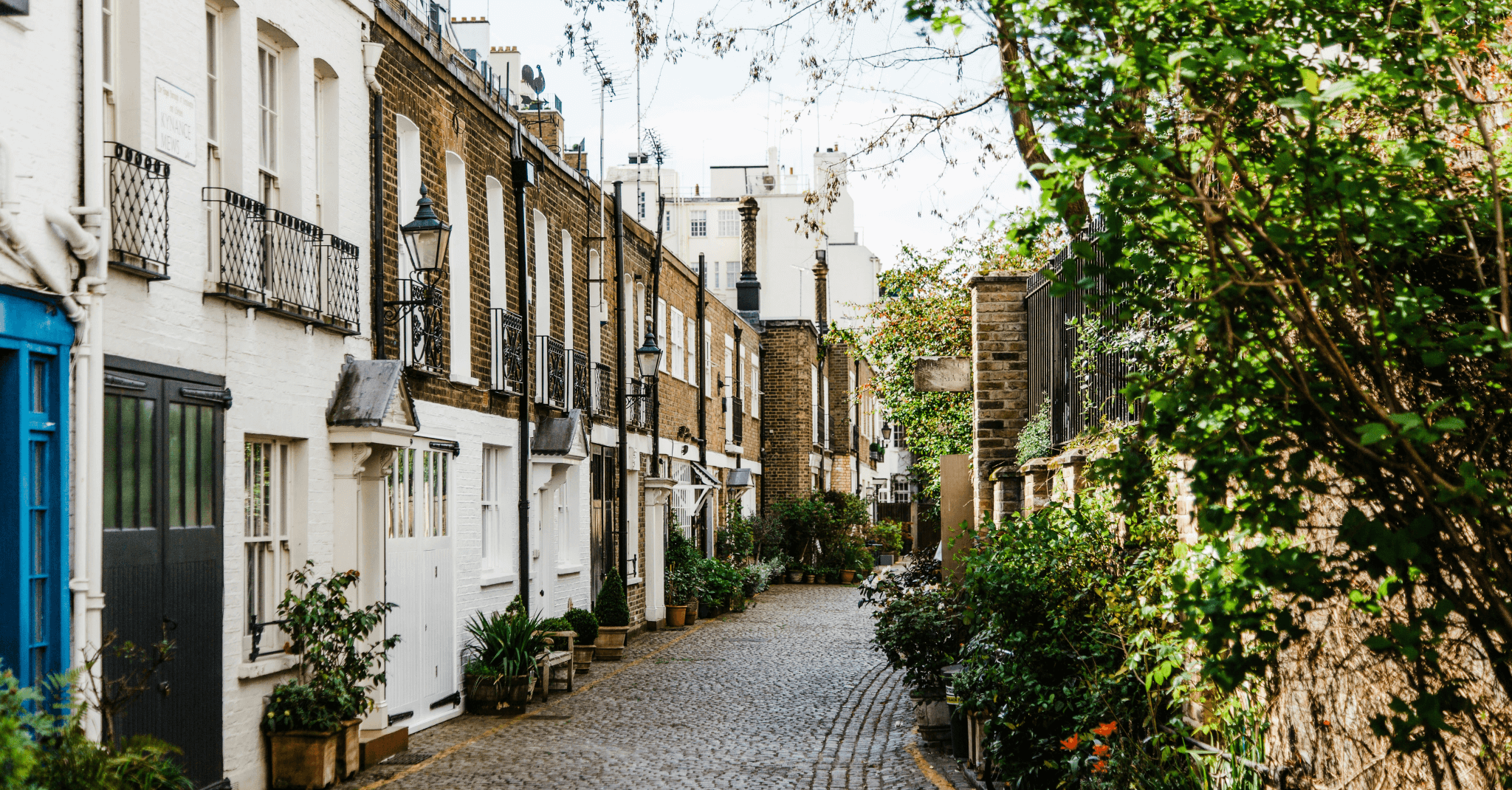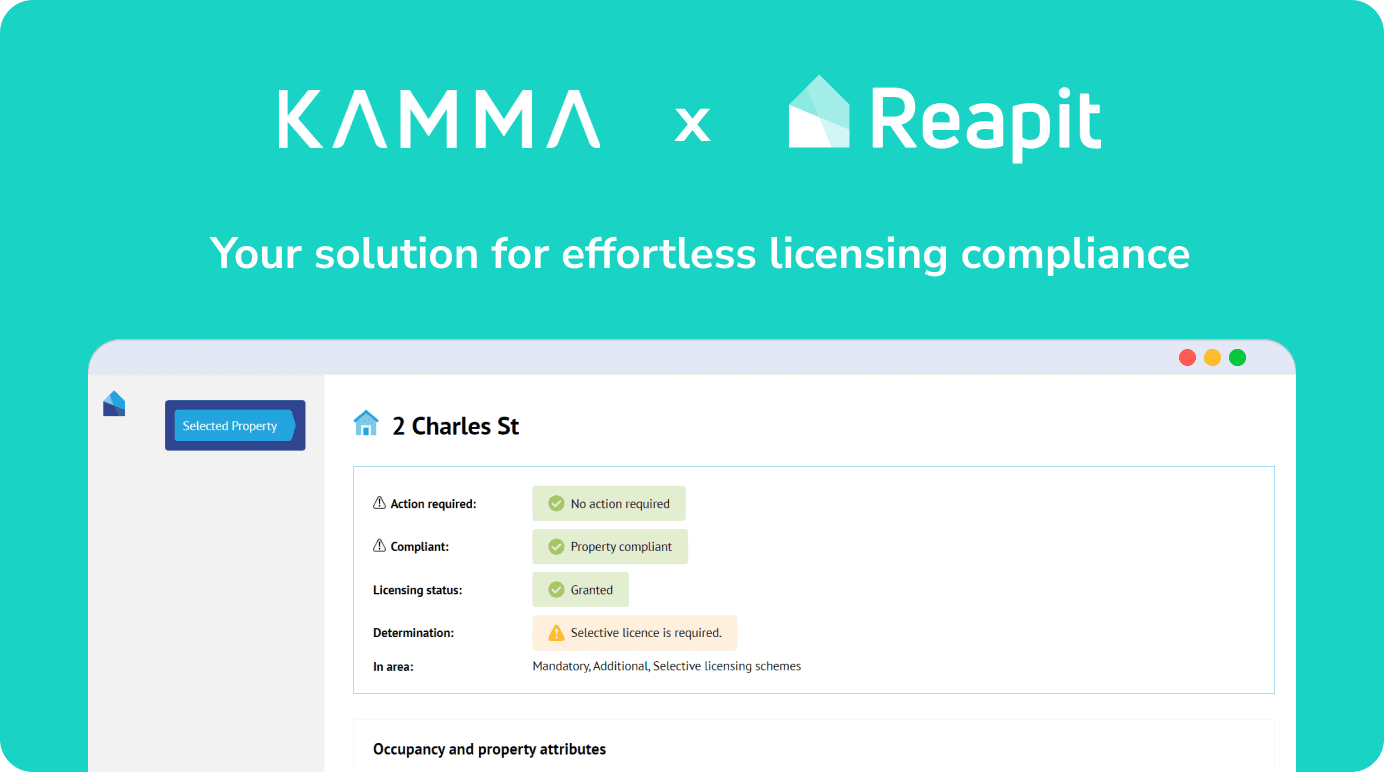- What we do What we do
- How we can help How we can help
- Insights Insights
- About About
- Support Support
- Book a Demo
How Selective Licensing in Whitechapel saved lives
Just a few weeks ago, a potentially fatal blaze broke out in a large tower block in Whitechapel. The fire began in a seventh-floor flat on Sidney Street and gutted the inside of the kitchen.
Thankfully, the flat’s tenants were able to get out unharmed and the fire was controlled by fast-arriving emergency fire crews, who managed to stop any further devastation. This was in large part due to a recently-fitted fire safety door which prevented the serious blaze from spreading throughout the tower block – granting enough time for the occupants to escape.
Council intervention
Had that fire door not been there, the blaze would have spread at a much faster rate and potentially led to tragic consequences. The fire door’s installation came as a result of a crucial intervention made by Tower Hamlets Council officers last September. They insisted that the private landlord fit the door along with a fire detection system in accordance with the council’s selective licensing scheme. Once the fire safety measures were installed and the property met housing officers inspections, the property was allowed to be let out in November.
According to the council’s mayor, it was the “crucial intervention of housing officers” to make the property safe for multiple occupancy. This incident is being heralded by the authority “as a reminder to landlords to ensure their properties have the correct safety measures” in place.

Fire safety and licensing
This is by no means the first example of a property licensing scheme fulfilling its function in guaranteeing the safety of tenants and ensuring fire safety standards are maintained in the PRS. In the same week as the Whitechapel fire, a landlord of a Glasgow flat was refused a licence extension amid significant fire safety failures and concerns over his management. Firefighters found 15 issues during an inspection of the property, including a faulty smoke detector, missing certificates and trip hazards near a fire escape.
Licensing officers refused the landlord’s application for an extra three years on his house in multiple occupation (HMO) licence.
Of course, one can also look at Liverpool and see how their substantial licensing operation in the last few years has seen steady improvements in the quality of privately rented housing stock. As part of its former borough-wide Selective licensing scheme, 70% of inspected properties in Liverpool had been found to be in breach of their licence condition since the scheme was started in 2015, uncovering serious hazards such as fire, electrical safety and excess cold. Over 37,000 compliance actions were taken by the council, who also issued more than 2,500 legal and fixed penalty notices and prosecuted almost 250 landlords.
Fire safety is important in all types of rented accommodation, especially in HMOs where the fire risk can often be greater. While you’re more likely to hear about fires that unfortunately do take lives in the news, it’s important to also acknowledge the many, many other instances where correct fire safety measures have actually saved lives.
Contact us or book a demo now to understand how Kamma can solve property licensing for you.

New insights: how does EPC data impact affordability assessments?
Accurate energy performance data is a must to ensure mortgage lenders can accurately assess affordability and reduce risk – here’s why.
Read more
Kamma’s Response to CVE-2024-0394 (XZ Utils Backdoor)
Last week security researchers publicised a malicious back door in the XZ Utils library, a widely used suite of software that gives developers lossless compression and is commonly used for compressing software releases and Linux kernel images. The backdoor could, under certain circumstances be used to run unauthorised code via the encrypted SSH connection protocol. […]
Read more
Licensing Compliance Simplified: The Kamma-Reapit Integration
The Kamma app is officially live on the Reapit marketplace! This integration arrives just in time to confront the introduction of fifteen new licensing schemes and six current consultations in the first half of the year alone. Kamma’s Reapit integration empowers you to effortlessly manage your licensing compliance through: How does the app work with […]
Read more
Subscribe to the Kamma Newsletters
Regular news, information and insights from Kamma. No spam. Unsubscribe at any time.
Subscribing ...
Sorry, we really want to but we couldn't subscribe you due to missing or incorrect information; please update the information that's highlighted in red and try again.
Well this is awkward. Something went wrong on the internet between your browser and our newletter subscription service. Please let us know and we'll do our best to fix it for you.
Thanks for subscribing! Check your Inbox in a short while for a confirmation email to check it was really you that just subscribed. If you've already subscribed, we'll keep your subscription but you won't receive a confirmation email this time.
